CIO Series: Balázs Ruttkay, Malév Hungarian Airlines
We speak to Balázs Ruttkay, IT director at Malév Hungarian Airlines about the challenges he faces in his leadership role.
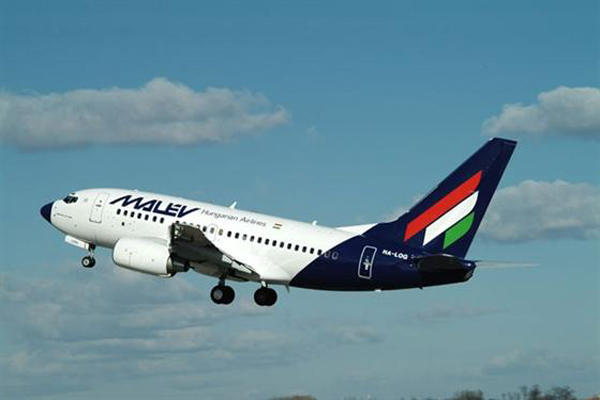

Please describe your role.
I'm officially group IT director, but practically change manager.
Working for an airline is a controversial position: On one hand, [it's] as almost all process driven, [as a] highly regulated industry, the airline business has a great heritage of systems and solution from the 60s and 70s. On the other hand, as a highly competitive international business it faces deadly competition, which requires innovation.
This dualism characterises the company culture as well. In many cases, although the technical or functional solution is obvious, engagement for the change is the real challenge.
I am a skipper. I require help and co-operation of a team in making the ship run, setting the sails to optimum or navigating the rocks. It could never be a one-man show.
How did you get to where you are today/into IT/business?
I have worked for big multinationals in several business and IT positions before I joined to an airline. More details on LinkedIn.
Get the ITPro daily newsletter
Sign up today and you will receive a free copy of our Future Focus 2025 report - the leading guidance on AI, cybersecurity and other IT challenges as per 700+ senior executives
My finance background helped me to evaluate solutions and gave me a stable background in making decisions. Besides that I really believe in people leadership where the given reasonability and freedom unlocks the potential of individuals.
The world has reached a level of complexity that requires different point of views and skill sets to handle it effectively. I am a skipper. If I try to tame the unquestionable power of nature I require help and co-operation of a team in making the ship run, setting the sails to optimum or navigating the rocks. It could never be a one-man show.
What's the biggest challenge of being a modern-day CIO/?
Designing the business to cope with continuous change effectively. I mean business not IT. IT itself is not the ivory tower it was in the 70s or 80s, not a support function as it was in the 90s, not even an enabler as it was treated in the last decade. It is the fuel of change itself. Being a CIO, the biggest challenge is to utilise this fuel in favour of the company.
It does not mean borderless innovation or continuous replacement of technology. Let me use an example: Is the iPhone marvelous? Yes it is. But the question is whether it creates benefit if we use it across the business. Yes it does but it also depends on which business.
If you work in logistics there are less fancy but more rugged devices which could [operate] on a lower TCO level. So here comes the real challenge: how you can convince gadget freaks on the board about the best solution? Maybe incentivise them to connect their personal a devices to the company network?
And the most rewarding thing?
When we convince a supplier to forget old, all risk-covered calculation methods and come up with a flexible pricing strategy. The flexibility of your IT assets, contracts and services should be in line with business volatility. Luckily with cloud technology today it is achievable.
What is the biggest mistake you think you've made?
Once, in a big organisational change, I underestimated resistance and personal interests in keeping the status quo. I wasn't able to recover my initial change leader position and I became an enemy.
And your greatest success?
The greatest success would be what I learned from [the above] story.
How big a role will cloud computing play in your organization in the next three years? What other technologies are you watching?
It is not the future. This is already the present for us. From a technology point of view 100 per cent of our servers run in a virtual environment and we are turning our commercial agreements, step-by-step, towards demand-based contracts.
What are the most important criterion you use to make decisions that impact your business and why?
There are two aspects: There is a high potential business case or it saves cost. If there is a valuable business opportunity, we have to utilise it. The solution has to be quick, smart and should fit into the big flexibility schema I was talking about.
On the other hand, as underlying IT becomes more and more commodity like and the volatility of the business grows, significant cost savings can be delivered only with adequate licence and service agreements.
Three to five year-long system implementations are over. The Earth rotates 1,000-1,800 times during this period. Remember the netbook was born and died out, iPhone fourth generation and iPad second generation is [here and] over, in September 2009, Facebook turned cash-flow positive and has doubled its users since then...
So we have to design our solutions for change. This is the most important criteria.
Maggie has been a journalist since 1999, starting her career as an editorial assistant on then-weekly magazine Computing, before working her way up to senior reporter level. In 2006, just weeks before ITPro was launched, Maggie joined Dennis Publishing as a reporter. Having worked her way up to editor of ITPro, she was appointed group editor of CloudPro and ITPro in April 2012. She became the editorial director and took responsibility for ChannelPro, in 2016.
Her areas of particular interest, aside from cloud, include management and C-level issues, the business value of technology, green and environmental issues and careers to name but a few.
-
 Bigger salaries, more burnout: Is the CISO role in crisis?
Bigger salaries, more burnout: Is the CISO role in crisis?In-depth CISOs are more stressed than ever before – but why is this and what can be done?
By Kate O'Flaherty Published
-
 Cheap cyber crime kits can be bought on the dark web for less than $25
Cheap cyber crime kits can be bought on the dark web for less than $25News Research from NordVPN shows phishing kits are now widely available on the dark web and via messaging apps like Telegram, and are often selling for less than $25.
By Emma Woollacott Published
-
 Protecting CIOs' IT budgets is "paramount" in maintaining business growth
Protecting CIOs' IT budgets is "paramount" in maintaining business growthNews If CIOs are forced to make emergency budget cuts, they should also explain the risks to high level stakeholders so the responsibility is shared
By Zach Marzouk Published
-
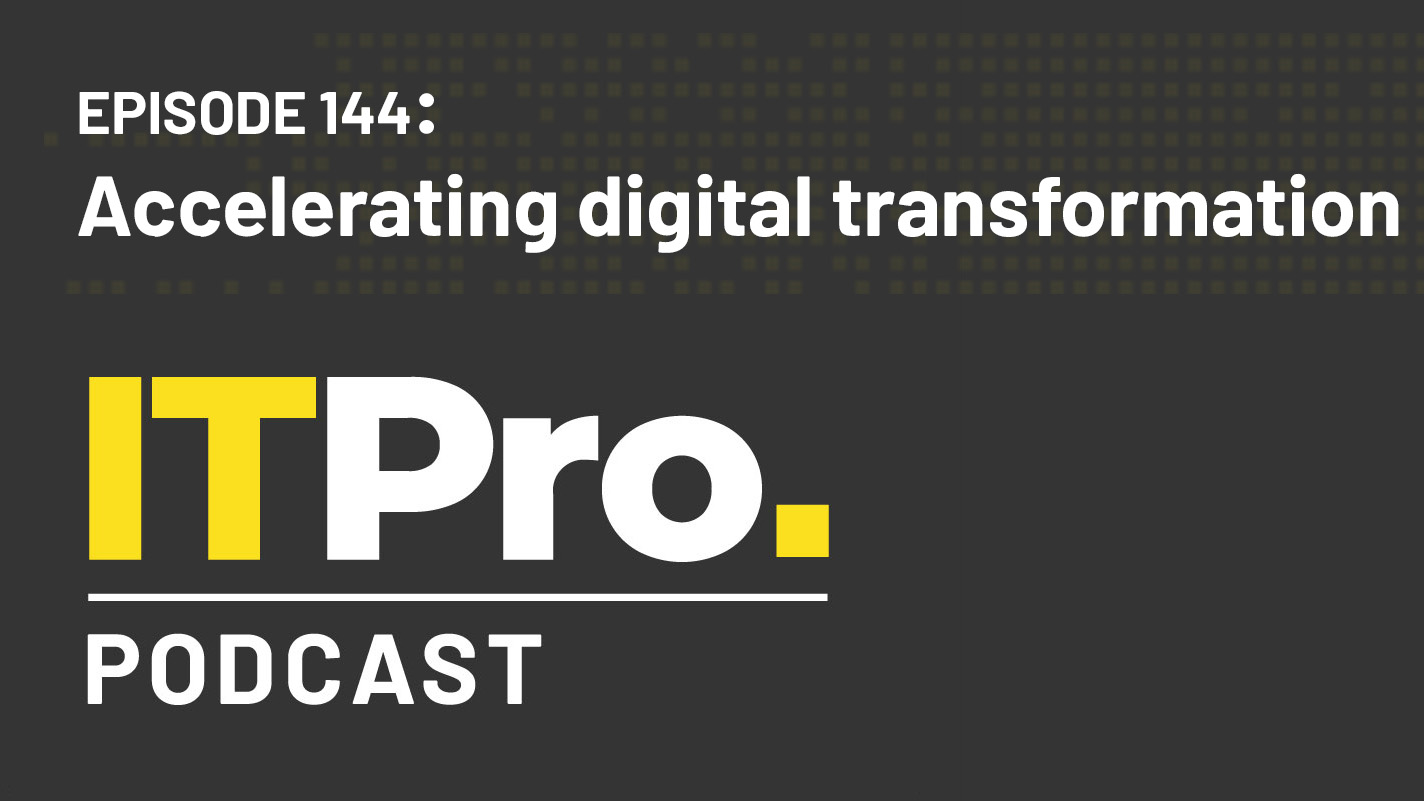 The IT Pro Podcast: Accelerating digital transformation
The IT Pro Podcast: Accelerating digital transformationIT Pro Podcast Implementation is just as important as the value of change
By IT Pro Published
-
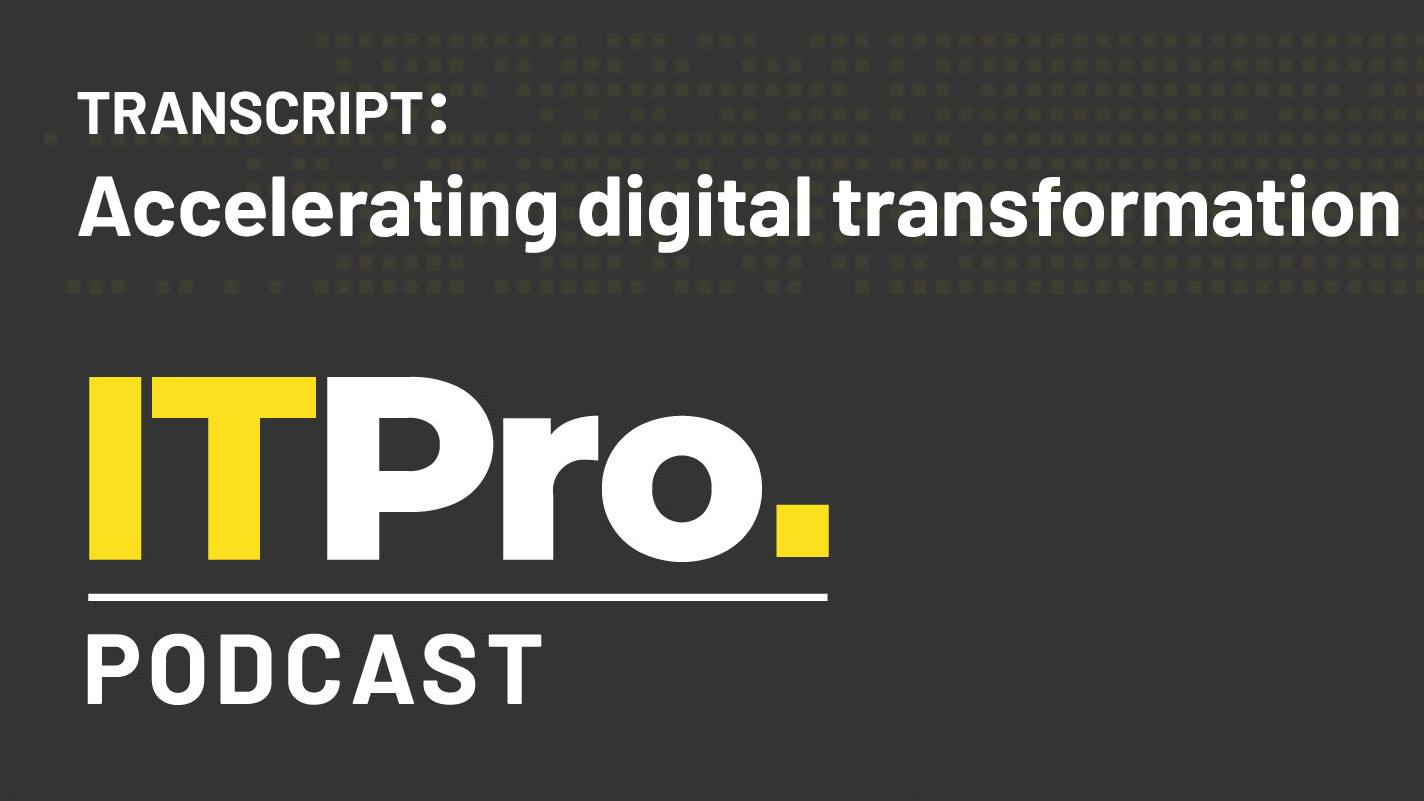 Podcast transcript: Accelerating digital transformation
Podcast transcript: Accelerating digital transformationIT Pro Podcast Read the full transcript for this episode of the IT Pro Podcast
By IT Pro Published
-
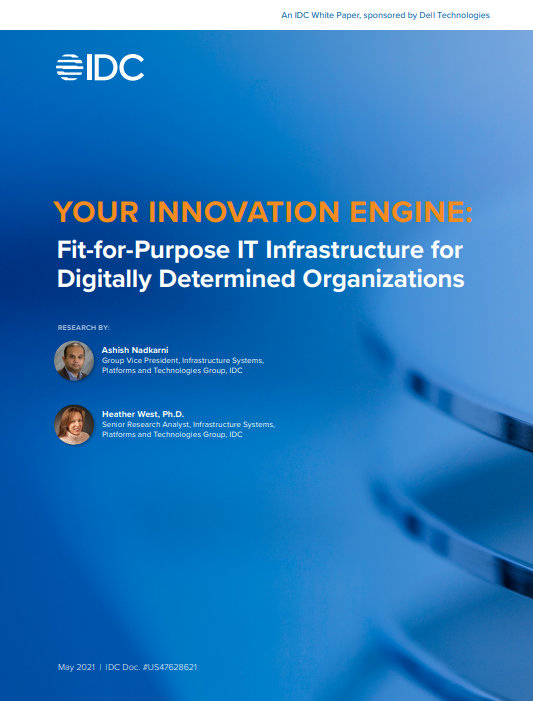 Fit-for-purpose IT infrastructure for digitally determined organisations
Fit-for-purpose IT infrastructure for digitally determined organisationsWhitepaper Your innovation engine: Guiding organisations through change in the new digital economy
By ITPro Published
-
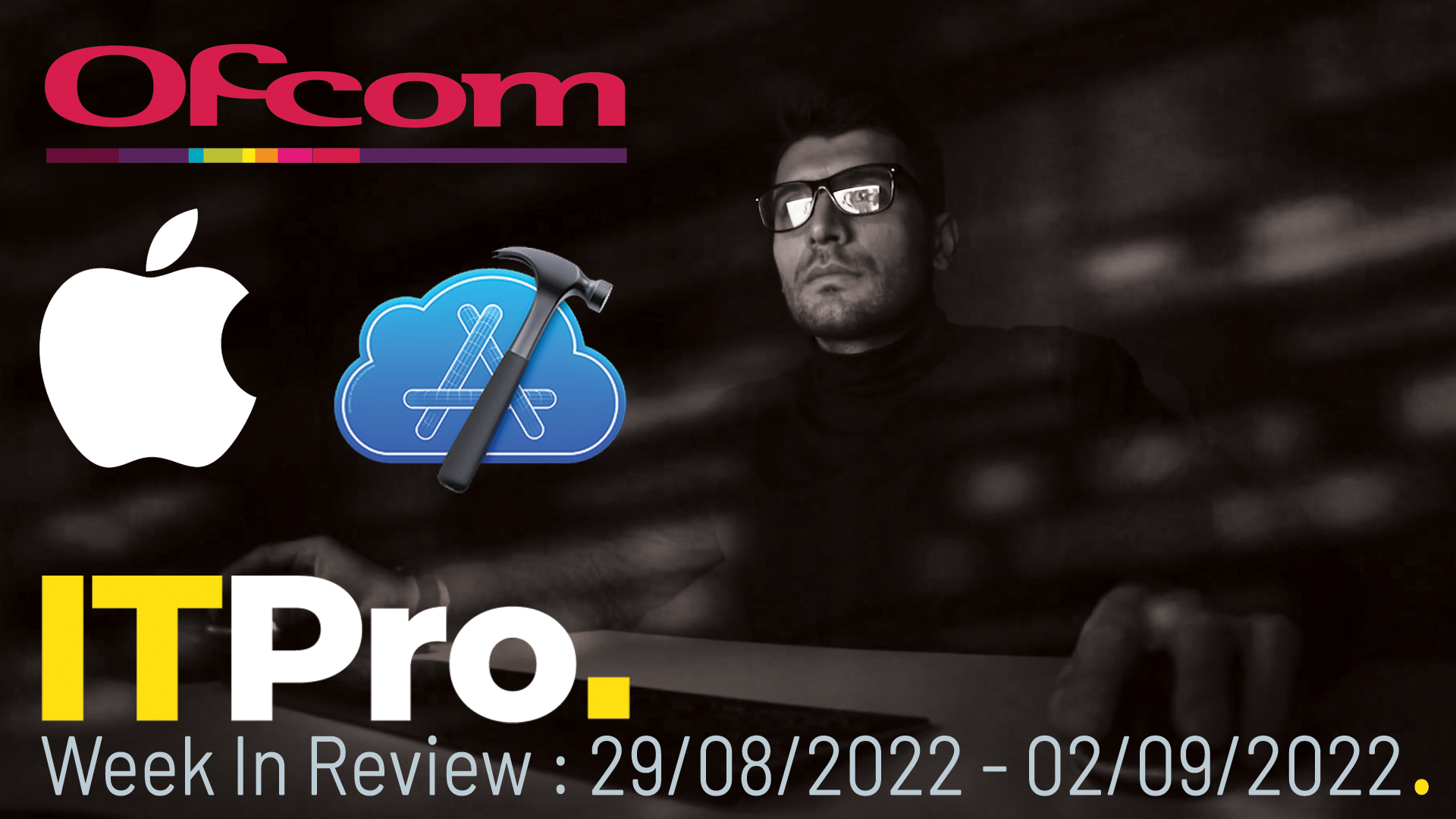 IT Pro News in Review: CIOs face a challenge, Ofcom's telecom fines, Apple expands Xcode
IT Pro News in Review: CIOs face a challenge, Ofcom's telecom fines, Apple expands XcodeVideo Catch up on the biggest headlines of the week in just two minutes
By IT Pro Published
-
 CIO role has 'drastically changed' over last 24 months, says Lenovo
CIO role has 'drastically changed' over last 24 months, says LenovoNews Globally survey suggests chief information officers have greater influence over their company now the role has expanded beyond technology
By Bobby Hellard Published
-
 How can CIOs help to close the tech skills gap?
How can CIOs help to close the tech skills gap?In-depth The most well-equipped IT leaders can take a number of practical steps to close the divide within their organisations
By Rene Millman Published
-
 What is a virtual CIO (vCIO) and does your business need one?
What is a virtual CIO (vCIO) and does your business need one?In-depth With tech skills in short supply, organisations are turning to temporary expertise to see through critical digital transformation projects
By Mark Samuels Published